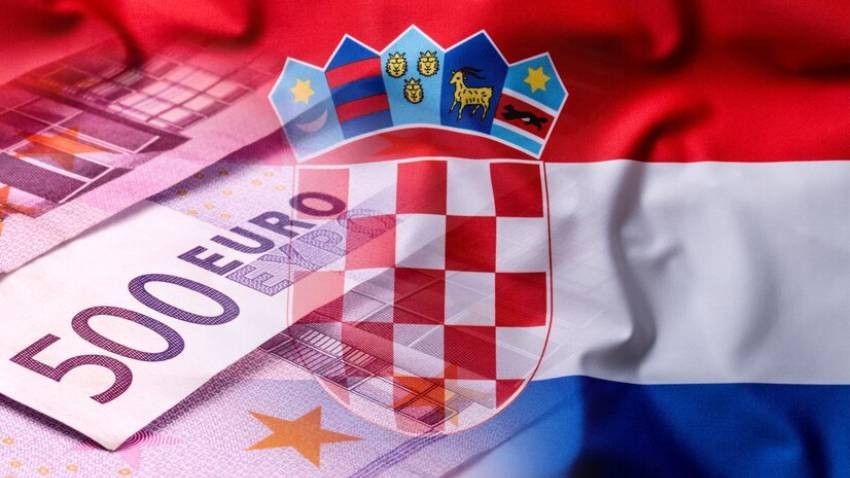
Read also:
English publication: Rositsa Petkova
Bulgaria's main trading partners are Germany, Romania, Italy, Greece and France, which account for 62.5% of exports to EU Member States, according to NSI data. In February, exports of goods from this country to the EU decreased by..
The liberalization of the electricity market for household consumers and their entering the free electricity market, something companies did years ago, is being postponed. At least for now. The reform should have entered into effect on 1..
The preparation of the non-banking financial sector for the introduction of the euro is at a very advanced stage and a significant part of it has already taken concrete measures to adapt to the new currency, the new chairman of the Financial..
Due to Bulgaria's accession to the eurozone, the international rating agencies Fitch Ratings and S&P Global Ratings have upgraded the..

+359 2 9336 661
